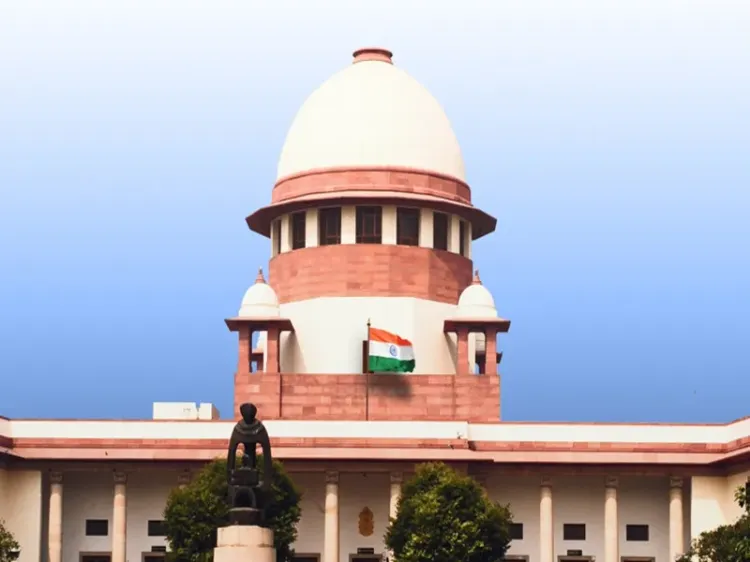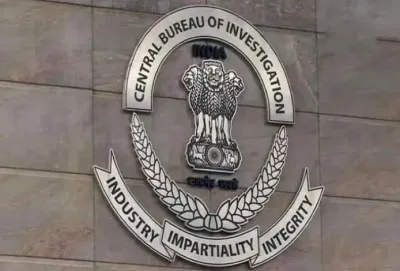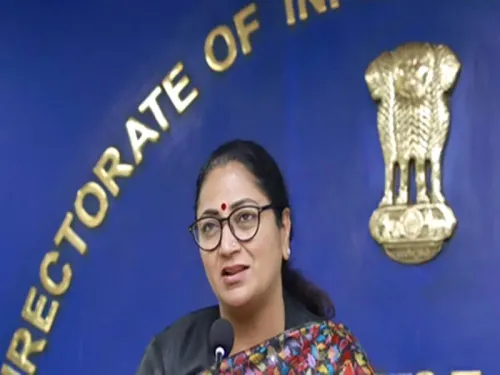Supreme Court Delays Judgment on Tamil Nadu's Challenge Against Governor's Bill Assent

Synopsis
Key Takeaways
- The Supreme Court is reviewing the Tamil Nadu government's claims against the Governor.
- Concerns were raised about the Governor's delay in approving Bills.
- The court questioned if the Governor should inform the government about Bill repugnancy.
- Ten out of twelve Bills have been returned by the Governor.
- The case emphasizes the constitutional responsibilities of the Governor.
New Delhi, Feb 10 (NationPress) The Supreme Court has chosen to reserve its judgment on a writ petition lodged by the Tamil Nadu government, which asserts that the Governor has taken on the role of a political adversary to the duly elected state government.
A panel composed of Justices J.B. Pardiwala and R. Mahadevan made this decision following the oral presentations by Attorney General (AG) R Venkataramani, who serves as the highest legal authority for the Centre, alongside senior lawyers Abhishek Manu Singhvi and Mukul Rohtagi, who represented the Tamil Nadu government.
This past Friday, the Justice Pardiwala-led panel queried AG Venkataramani regarding whether the Tamil Nadu Governor could simply delay action on the Bills passed by the Assembly, assuming they were contrary to the Constitution, without providing his feedback to the legislature.
The Supreme Court stated that it may examine the factual issues surrounding the Bills' repugnancy should the President deny assent to them, citing their inconsistency with the Constitution. The apex court probed whether it was not the Governor's duty to promptly return the Bills to the Assembly upon identifying any repugnancy.
"If the Governor initially believes that a Bill is problematic, shouldn't he notify the state government? How can the government be aware of the Governor's thoughts? If repugnancy is a concern for the Governor, he should have immediately informed the government, allowing the Assembly to reconsider the Bills," the apex court remarked.
In its petition filed under Article 32 of the Constitution before the apex court, the Tamil Nadu government claimed the Governor has established himself as a political opponent to the legitimately elected state administration. The Governor had returned 10 of the 12 Bills awaiting his assent after the Supreme Court issued a notice regarding the Tamil Nadu government's petition.
Following a special session in the Tamil Nadu Assembly where 10 Bills were re-adopted after being sent back by the Governor for further consideration, he subsequently referred several of them to the President.
Last November, the apex court expressed concerns regarding the delays by Tamil Nadu Governor R.N. Ravi in granting assent to the Bills passed by the state legislature. Upon learning that the Governor returned 10 out of 12 Bills awaiting his approval, the SC inquired: "These Bills have been pending since January 2020. This indicates that the Governor made a decision only after the court issued a notice. What was he doing for three years? Why should the Governor wait for the parties to approach the Supreme Court?"
According to Article 200 of the Constitution, if a Bill is passed again, with or without amendments, and is presented to the Governor for assent, he must grant his approval.









